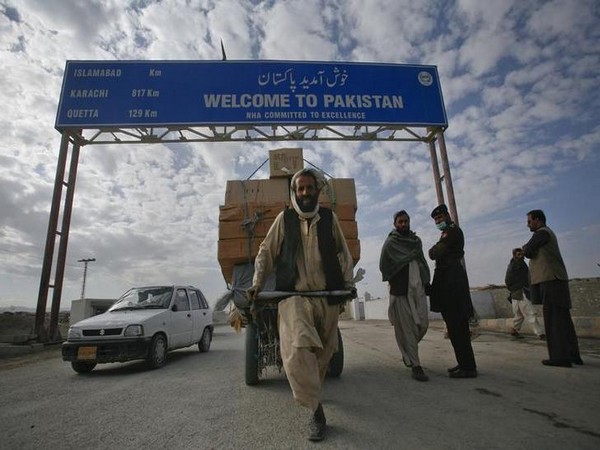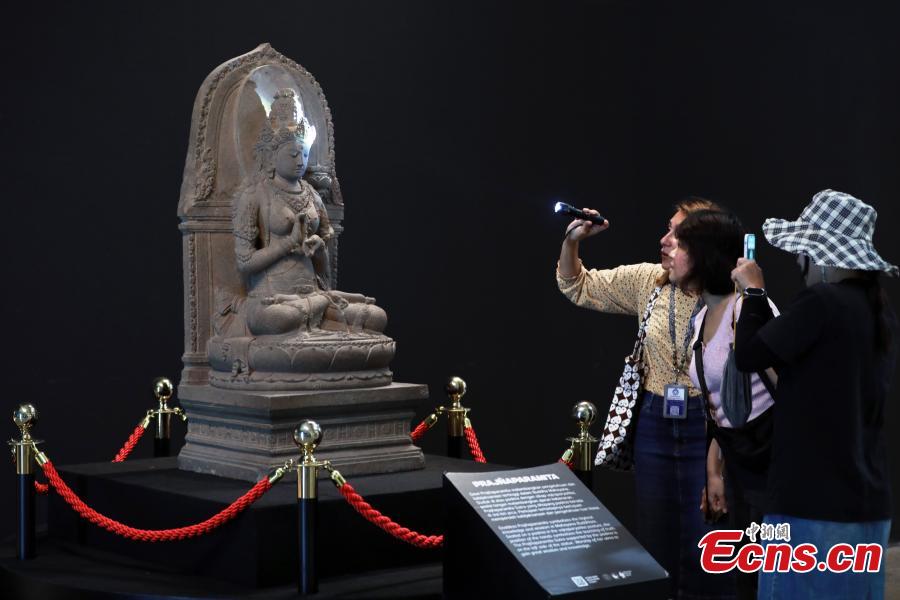
Customs clearing agents at the Torkham border have suspended clearance of both imports and exports, protesting against a new policy introduced by authorities. The agents express concerns that customs officials are requiring full details of vehicles transporting goods from Afghanistan before they reach the border, bypassing prior weighing and electronic scanning processes. The agents argue this policy is impractical, as they could be held accountable for any contraband discovered during subsequent scans.
Their discontent follows a recent incident where customs staff found ammunition in a vehicle during an import check, according to a report by Dawn. The clearing agents prefer the previous system where vehicles were first weighed and scanned, followed by the submission of a joint goods declaration (GD) copy. On September 11, protests erupted in Afghanistan's Nangarhar province over the closure of Torkham border.
Demonstrators alleged that Pakistan frequently closes the border under various pretexts, particularly during the fruit and vegetable season. As a crucial transit corridor, Torkham connects Peshawar in Pakistan to Jalalabad and the Afghan capital, Kabul, serving as a vital conduit for goods and travelers between the neighboring countries. The Torkham border has been central to numerous conflicts due to its strategic location and the region's persistent instability.
Despite investments in infrastructure, security threats and political unrest continue to impede progress. The area has witnessed militant violence, contributing to prolonged customs procedures and bureaucratic slowdowns, which in turn cause trade delays and congestion, adversely affecting commerce between Pakistan and Afghanistan. (With inputs from agencies.
).










